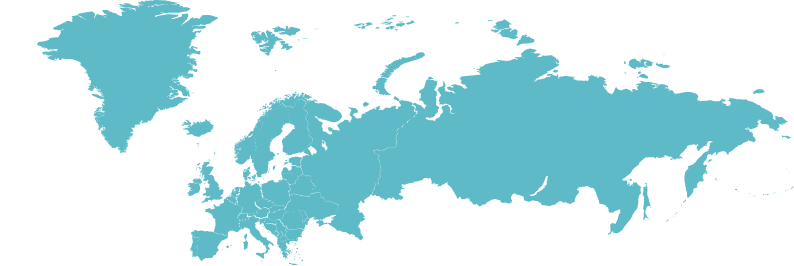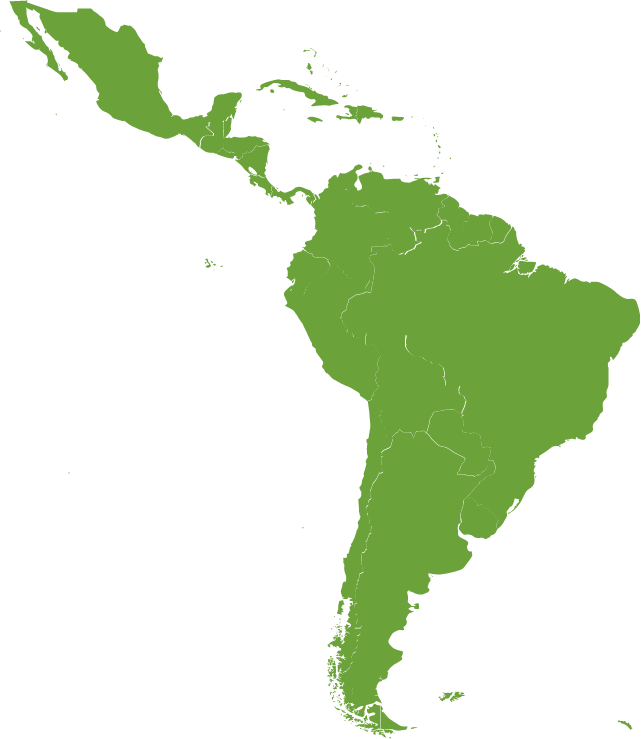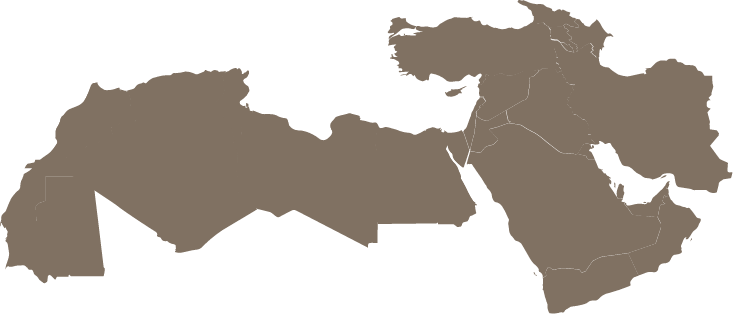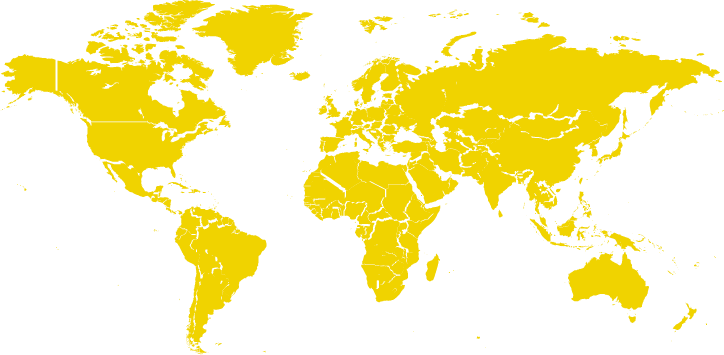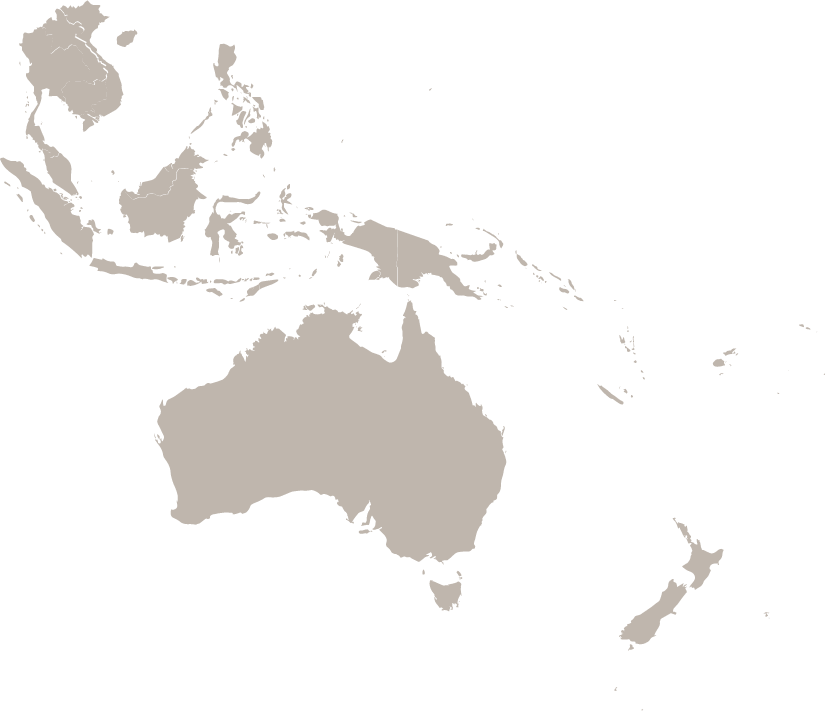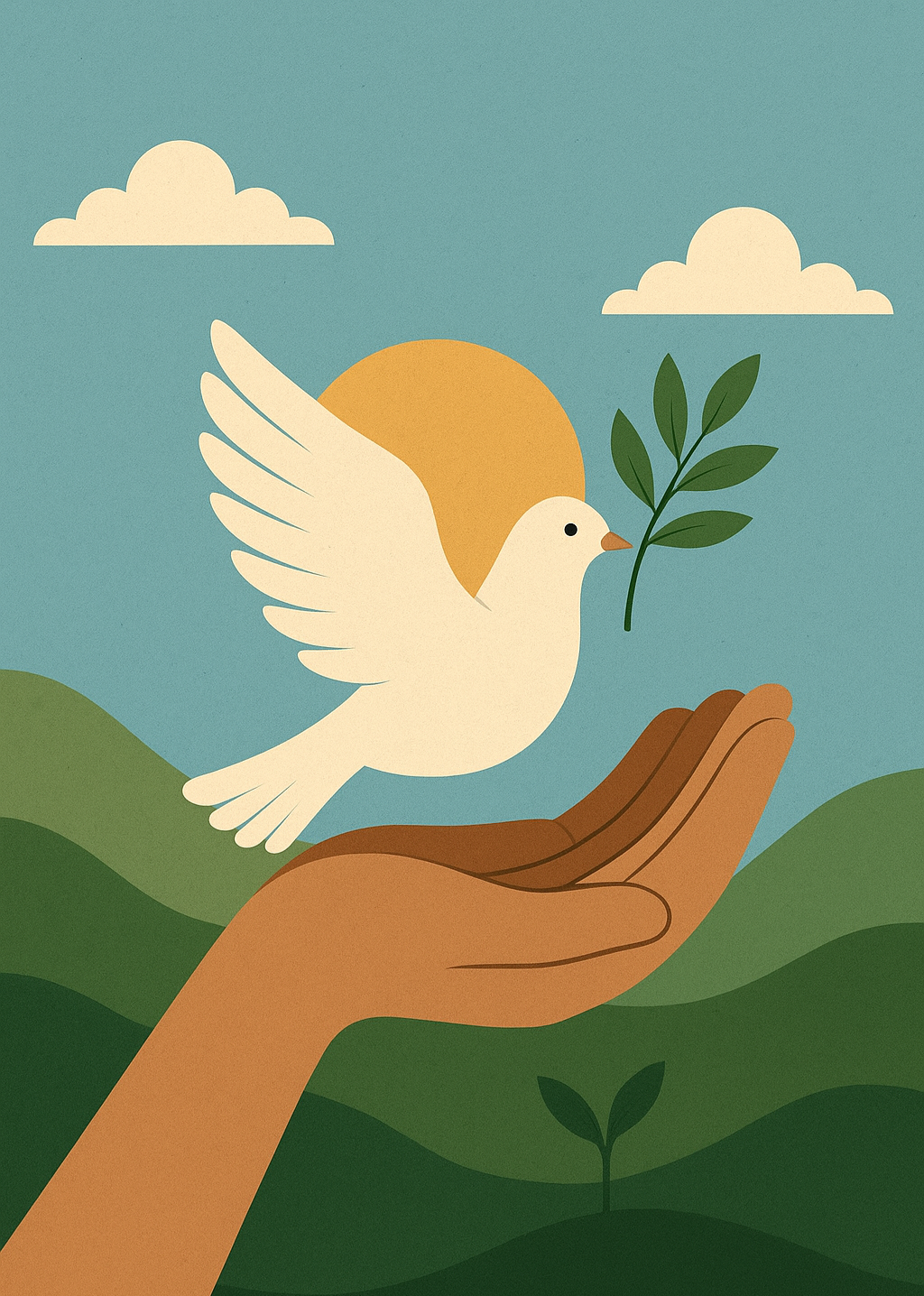
This year, the 2025 URI Youth Challenge is inviting young people to take action in their communities for peace, justice, and healing. For Week 2 of the challenge, participants were asked to write a letter to a local or global leader, sharing what in their faith, spiritual, or cultural tradition motivates them to advocate for peace and non-violence.
The letters explored how diverse religions and spiritual traditions promote peace, drawing on URI's Principle 9: "We practice healing and reconciliation to resolve conflict without resorting to violence."
Here are some highlights of the wisdom the youth challenge participants shared in their letters.
Our Traditions Advocate for Peace
Participants reflected on how their own faith traditions promote peace and non-violence.
Dofa from Nigeria shared, "In my faith, peace is considered a sacred calling.
Noor Ibrahim Mohammad Al-Zyoud from Jordan reflected that “As a young Muslim, I believe that my faith calls me to promote peace and reject violence in all its forms.”
Abraham Kollie in Liberia shared a similar message from his faith: "In my Christian faith, Jesus Christ teaches us to 'love our neighbors as ourselves' (Mark 12:31) and to 'turn the other cheek' (Matthew 5:39) when faced with adversity.”
Nona from Bulgaria reflected on how her faith has helped her community: "Eastern Orthodox Christianity is the traditional Bulgarian religion. The most important thing that religion has done for us is to preserve and unite our holidays and customs."
A Focus on Community
Participants also looked at their own local contexts, acknowledging that while religion has sometimes been used to cause harm, it can also be a powerful force for good.
Birungi Edrine from Uganda shared a powerful example: "I have personally witnessed how this harms us. During community disagreements and even elections, I have had people using religion to justify hostility or mistrust toward others, this only deepens divisions. Yet I have also seen moments when church leaders, imams and elders come together to call for calm. Their united voice prevented violence and restored harmony. These experiences show me that unity is possible when we put peace above division."
In Liberia, Abraham highlighted the importance of cultural traditions: "In Liberia, our cultural tradition places a strong emphasis on community and respect for elders. We believe in the importance of resolving conflicts through dialogue and mediation, rather than resorting to violence. This is reflected in our proverb, 'When two elephants fight, it is the grass that suffers.' We must work together to promote peace and non-violence, so that our communities can thrive and our children can grow up in a safe and stable environment.”
Ndukwe Daniel Uche in Nigeria emphasized the need for peace in his region. "In Twafwa, we have a combination of people from different religious backgrounds living together. However, since we have experienced tensions and conflicts in the past on the Plateau, the need for peace and non-violence cannot be overstated."
Daniel also pointed out the potential of a peaceful society: "I believe that when we live in peace, we can focus on development, education, and economic growth."
Interfaith Dialogue as a Path to Peace
Another key theme that emerged was the importance of interfaith dialogue.
Dofa Francis from Nigeria learned a valuable lesson from this practice: "Through interfaith dialogue, I also learned that other faiths are teaching the same virtues: to be kind to your neighbors, to care for the vulnerable, to actively reject hatred, and to help build peace in the world."
Noor Ibrahim Mohammad Al-Zyoud from Jordan shared a personal experience: "Last week, through the URI Youth Challenge, I spoke with a Christian friend. We shared verses from the Bible and the Qur’an and discovered that both faiths emphasize caring for creation and living in peace. This showed me that interfaith dialogue can bring us closer and help us build a culture of trust and cooperation."
The letters from around the world shared a common message:
- "My key message is true faith builds peace, never violence. This is what I wish the whole world would understand." - Birungi Edrine, Uganda
- "This principle of peace and non-violence is not only a personal virtue but also a collective imperative for our nation, Nigeria." - Felicity, Nigeria
Change Starts with Each of Us
Finally, the challenge of writing these letters helped young people realize their own power to create a better world.
Abdullahi Umar Chacho from Nigeria summed it up perfectly: "Writing and reflecting on this issue has shown me that young people have a crucial role in promoting peace, tolerance, and understanding in our communities. This reflection has strengthened my belief that change starts with each individual. When we actively promote harmony, respect, and justice, we contribute to a society where religious differences are respected and violence has no place."


